
Henceforth, the Ministry of Education has slashed the 30 per cent quota placement for public schools’ candidates of the Basic Education Certificate Examination (BECE) to 15 per cent. The policy decision is applicable to the 2025 BECE candidates entering Senior High Schools for the 2025/26 academic year.
The Daily Graphic quoted the National Coordinator of the Free Senior High School, Benita Sena Okity-Duah, as saying this at a news conference in Accra last week Tuesday, to outline new guidelines for the selections of schools under the Computerised Schools Selection and Placement System (CSSPS).
Until now, the report continued, Ghana Education Service (GES) allocated 30 per cent placement of Grade ‘A’ schools to public school candidates, leaving the rest of the 70 per cent for the remaining public school and private school candidates.
Though this decision or policy has been in place for some years, private school operators have not been happy with it. To them, the policy was unconstitutional since it created discrimination in the educational system.
Furthermore, the Graphic story argued that the policy infringed on Article 25 (1) of the 1992 Constitution, which provided that “all persons shall have the right to equal educational opportunities and facilities, and with a view of achieving the full realisation of that right.”
Though Benita Sena Okity-Duah stated that the new quota directive was coming from the government, she did not state the rationale behind it. We do remember though that when the late Professor John Atta Mills assumed office as president of Ghana, chiefs and opinion leaders in Cape Coast protested that despite hosting the best Senior High Schools in the country, their children do not, in most of the cases, gain admissions to any of the schools in the city.
Following this protest, the Atta Mills administration directed that 30% quota should be reserved for Junior High School students in the Cape Coast and its environs who want to enter any of the prestigious Senior High Schools in the Metropolis. The Chronicle does, however, know when this policy was extended to cover the whole country. What we do know is that the policy has been in place for some time.
However, if the John Mahama government thinks this is the time to review the policy, The Chronicle has no qualms about it, especially when the private schools are arguing that it infringes upon the 1992 constitution. Whether some of the children are attending private schools or not, they are also Ghanaians like their counterparts in the private schools. This means that they have equal rights and should, therefore, not be discriminated against.
This is the reason why we do not find anything wrong with the new directive that has been issued by the government. But whilst acknowledging this fact, the government should also not forget that students or children from public sector schools also have the right to enter these Grade A schools. They can, however, do so only if they are able to attain the required grade always demanded by the Grade A schools.
But looking at the huge gap between private and public schools in Ghana, it will virtually be impossible for the public school candidates to gain admissions to the Grade A schools in the numbers they want. That will mean public school candidates are going to be ‘denied’ admissions to some of the best Senior High Schools in the country.
This, to us at The Chronicle, is unfair. We are, therefore, suggesting to the government to put measures in place to ensure that teaching and learning in public sector schools have been improved. Though all the government assisted schools have qualified teachers, the performance of the students when compared with their counterparts from the private schools is nothing to write home about.
The elephant in the room is poor supervision. Whilst proprietors of private schools always ensure that their teachers are really teaching the students, that supervision when it comes to the public schools is almost missing. In fact, in some of the rural areas children are sent to work on teachers’ farms. Which private school proprietor will allow this?
Another problem facing public schools is that those in the rural areas lack the required number of teachers to teach the children, because the teachers sometimes refuse postings to these areas, due to lack of proper accommodation among others. The government must address all these shortcomings to ensure that the new quota system policy she is about to implement benefits the public schools.
Not every parent has the financial wherewithal to send his or her child to private school. This is why the public schools must be made attractive by the government through proper supervision. Until this is done, the new policy will sound discriminatory though it is constitutional on paper.
The post Editorial: Is Government Not Pushing Public Sector Schools Deeper Into The Valley? appeared first on The Ghanaian Chronicle.
Read Full Story
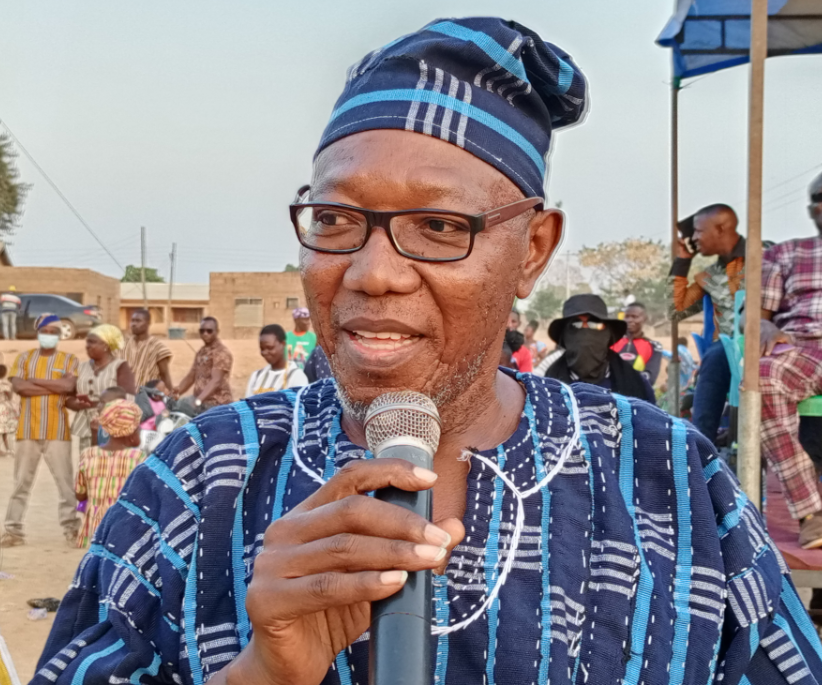
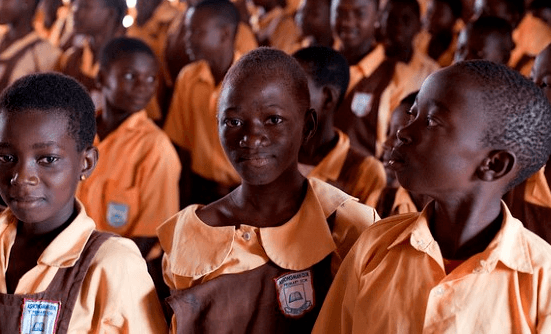

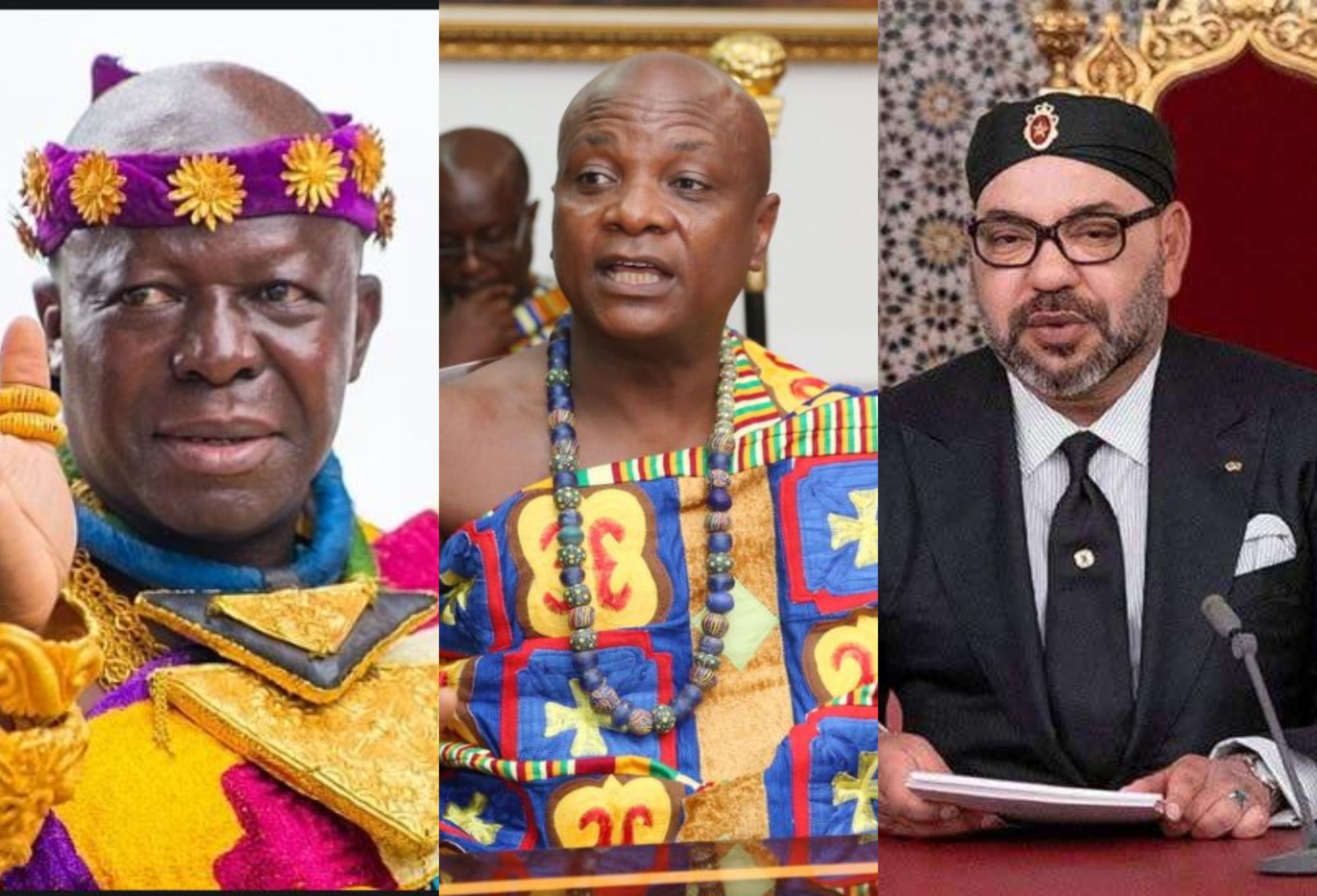

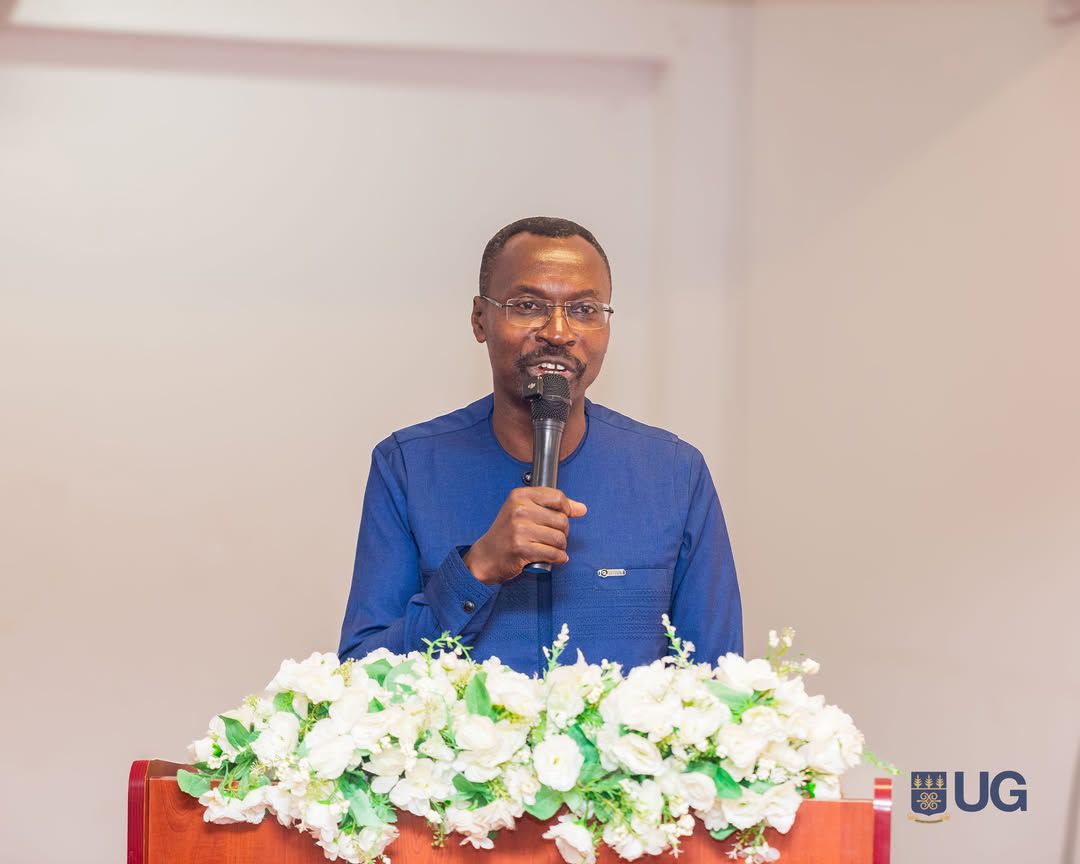
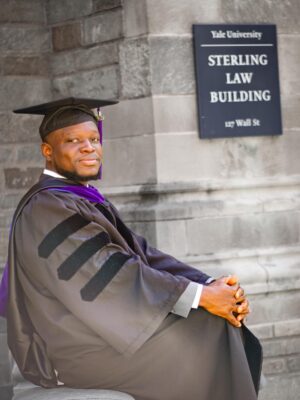
![Dormaahene hails Mahama, vows to carry him at his back if cedi hits GH?8 to $1 [Video]](https://sportal365images.com/process/smp-images-production/pulse.com.gh/01062025/e9150a95-eb04-4066-bf2d-fef977524ffe.png)
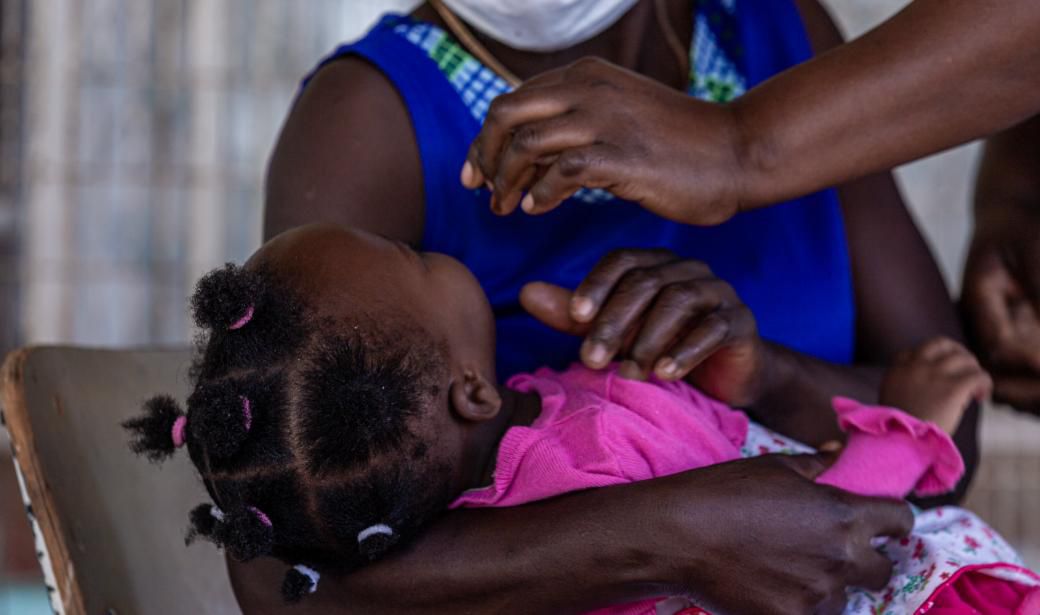
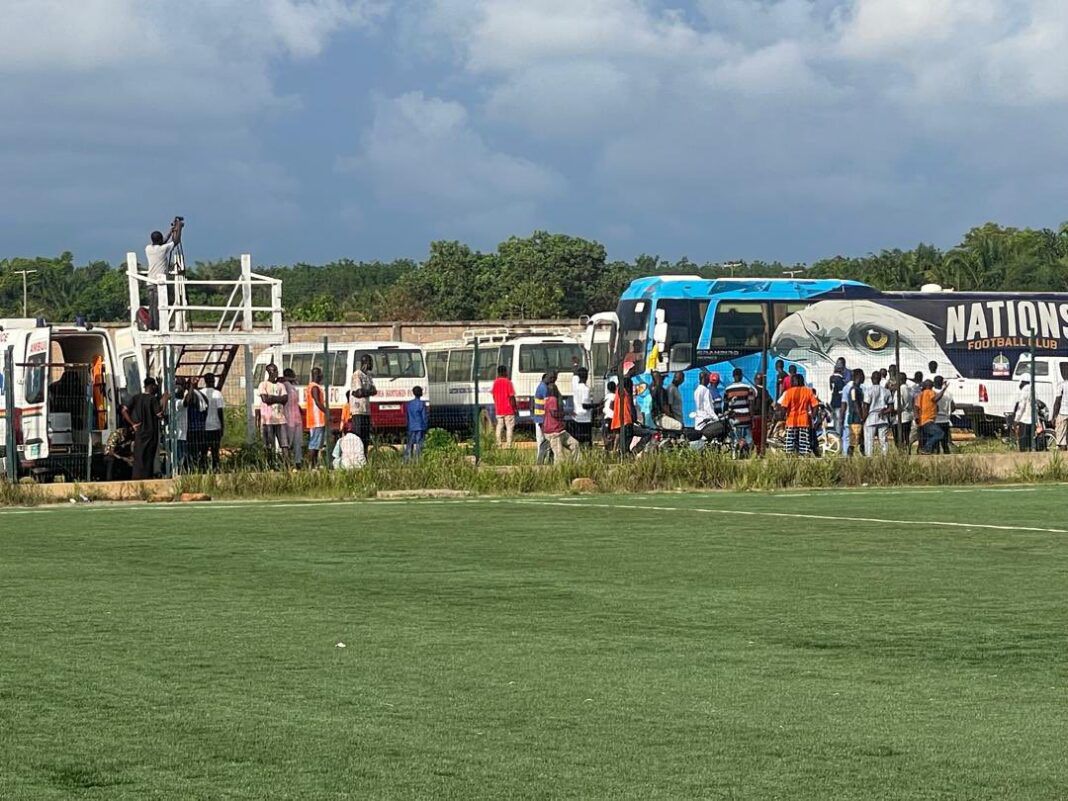
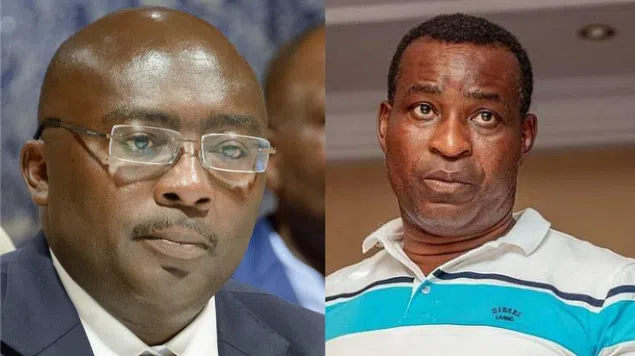


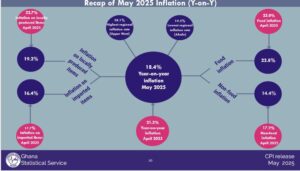

Facebook
Twitter
Pinterest
Instagram
Google+
YouTube
LinkedIn
RSS